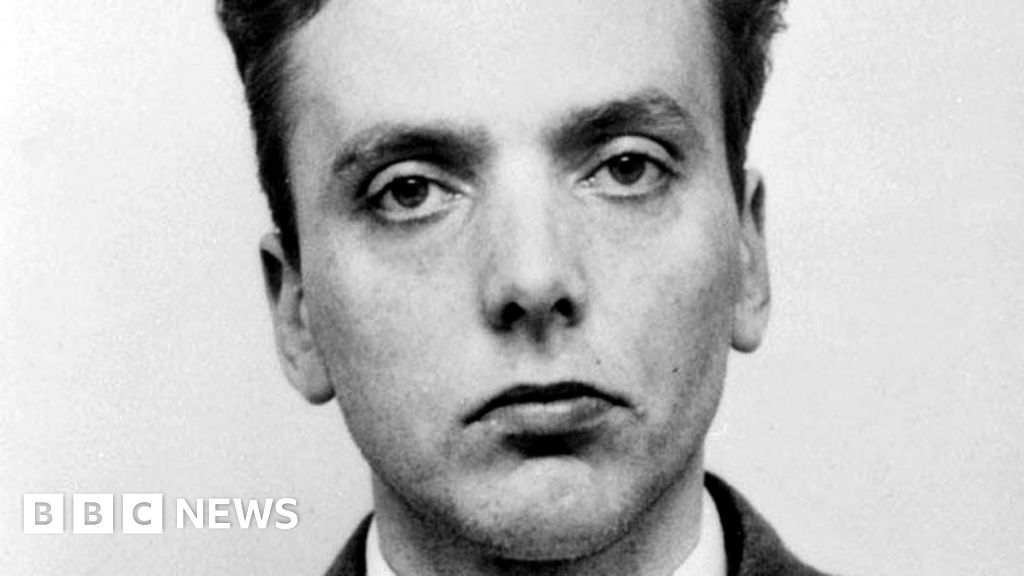News, Manchester

A lawyer for the family of the final missing moors murders victim has said he hoped renewed interest in the case could help with a long fight to get access to two briefcases left behind by killer Ian Brady.
John Ainley has long represented the family of 12-year-old Keith Bennett – one of five children killed by Brady and his lover Myra Hindley in the 1960s.
Brady never revealed the location of his remains despite Keith’s mother Winnie Johnson, who died in 2012, begging him to do so.
Mr Ainley said Keith’s family and the police had been trying for years to get their hands on the briefcases, thought to contain personal papers which could provide clues about where Keith is buried.
Brady, who was jailed in 1966, buried four of his victims in graves on Saddleworth Moor, Greater Manchester, where extensive searches for Keith have taken place.
Keith’s brother Alan Bennett has previously claimed the suitcases were left with Brady’s solicitor Robin Makin, based in Liverpool, who has refused his “personal plea” and police requests to hand them over.
Mr Makin did not respond to a request for comment.
Mr Ainley said Greater Manchester Police had unsuccessfully applied for a warrant to access the briefcases after Brady’s death in May 2017 at Ashworth Hospital, a secure psychiatric unit in Merseyside where he had been detained since 1985.
But he said the court had not granted the warrant to the force, even after the law was changed in 2022 in a bid to make it easier for police to obtain evidence which could help them find human remains.
“That law was passed and I think the police tried to act upon that, but it didn’t give them, it appears, any additional powers,” Mr Ainley said.
“I think the police have been informed that there is no such information [about Keith’s whereabouts] in the hands of the solicitors and consequently we’ve not been able to so far take it any further.”
However, Mr Ainley said a new documentary on the case, which revealed there were 200 pages missing from an autobiography written by Brady, could help police with a renewed push for access.
“The latest information that some pages from the autobiography have been passed to this solicitor – that will enable them to, I assume, apply to the court in order that they can have access to them,” he said.
“So we’ll be having further discussions with Greater Manchester Police to see just what action they propose to take.”
Mr Ainley said while there was no suggestion the missing memoir pages were in the briefcases, the family was “anxious” for anything that could help give them answers.
“I don’t think they’re connected, but the combination of those pages and the contents of the cases, if those are all examined and put together, it might form a picture that is really helpful,” he said.
“The family are desperate to get closure and find Keith’s body.”
A GMP representative said the force had “always remained committed to finding answers for Keith Bennett’s family”.
They said: “Keith’s family is central to any action we take in relation to this case and our thoughts remain with them.”
The force said it would “carefully consider and respond” to any “credible evidence”.

